Late Apple CEO Steve Jobs is said to have been unhappy with the high cost and slow speed of mobile data networks, and hoped to solve the problem by convincing consumers and businesses to share their high-speed Internet connections via free and open "guest" Wi-Fi networks.
Jobs planned a "sort of consortium" of technology companies and network manufacturers to implement his idea, according to Re/code's Walt Mossberg. Owners of any Wi-Fi-connected device could then take advantage of those hotspots, rather than using cellular modems or being forced to pay to connect.
As noted by Mossberg, a number of firms — mainly telecommunications providers — have since implemented a similar idea. Comcast offers such an option with its home routers in the U.S., while European and Asian telecoms including Three, Fon, Iliad, and others offer customers free Wi-Fi roaming in their respective geographies.
Apple, for its part, did build a "guest network" option into its AirPort series of internet routers. According to the company, a user's "primary network, including [their] printer, attached drives, or other devices remains secure" despite the presence of the guest network.
Some other manufacturers have followed suit, and the Open Wireless Movement — backed by the Electronic Frontier Foundation, Mozilla, and others — has released special firmware designed to allow users of some consumer routers lacking the feature to enable it.
According to that group, offloading data transfer from mobile networks to their Wi-Fi cousins would bring a number of benefits. In addition to increasing the availability of internet access to groups that may not be able to afford it and enabling new, innovative technologies that require high-bandwidth connections, it would make much more efficient use of the finite amount of available wireless spectrum.
 Sam Oliver
Sam Oliver
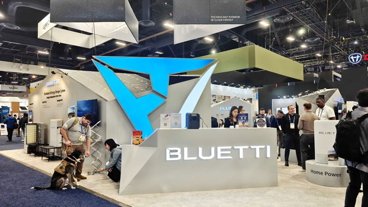

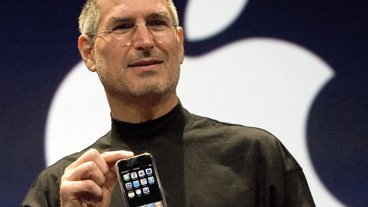

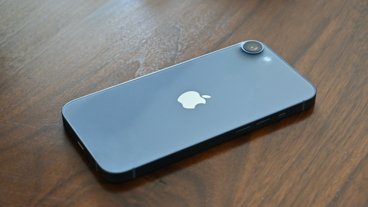
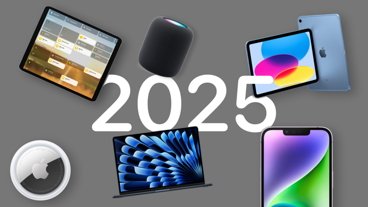

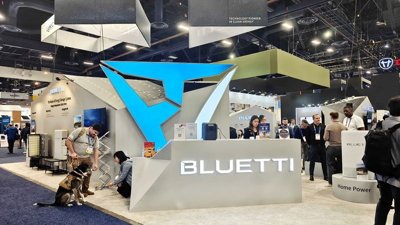
 Sponsored Content
Sponsored Content
 Malcolm Owen
Malcolm Owen


 Wesley Hilliard
Wesley Hilliard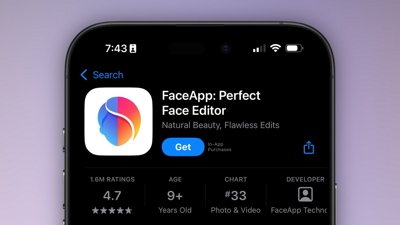

 Marko Zivkovic
Marko Zivkovic
 Christine McKee
Christine McKee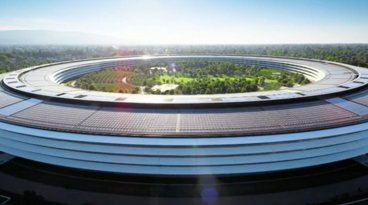
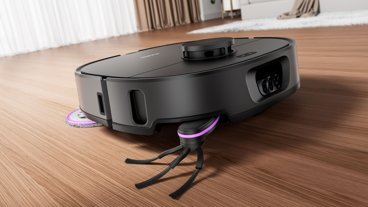
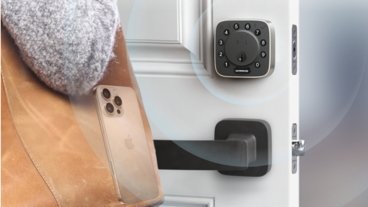







71 Comments
Wireless Utopia... but i imagine it would often turn into the guy next door deciding he didn't need service of his own.
Given the laws in place to "protect [us] from terrorism" in many western countries, which basically requires you to be able to identify anyone who connects to your network and keep logs for up to 5 years... DOA, wasn't it? Especially since MAC adresses can be spoofed/software reset.
I get the idea, but why should I pay to allow John Q. Public to mooch my Internet speed?
This is not my area of expertise, but I was under the impression that 'no password' meant that the data was not encrypted. I always use my cell connection instead of free open wifi because you can't really trust what the owners of the wifi or rogue hacker packet sniffers are up to.
This is a nice vision - for a world without bad guys.